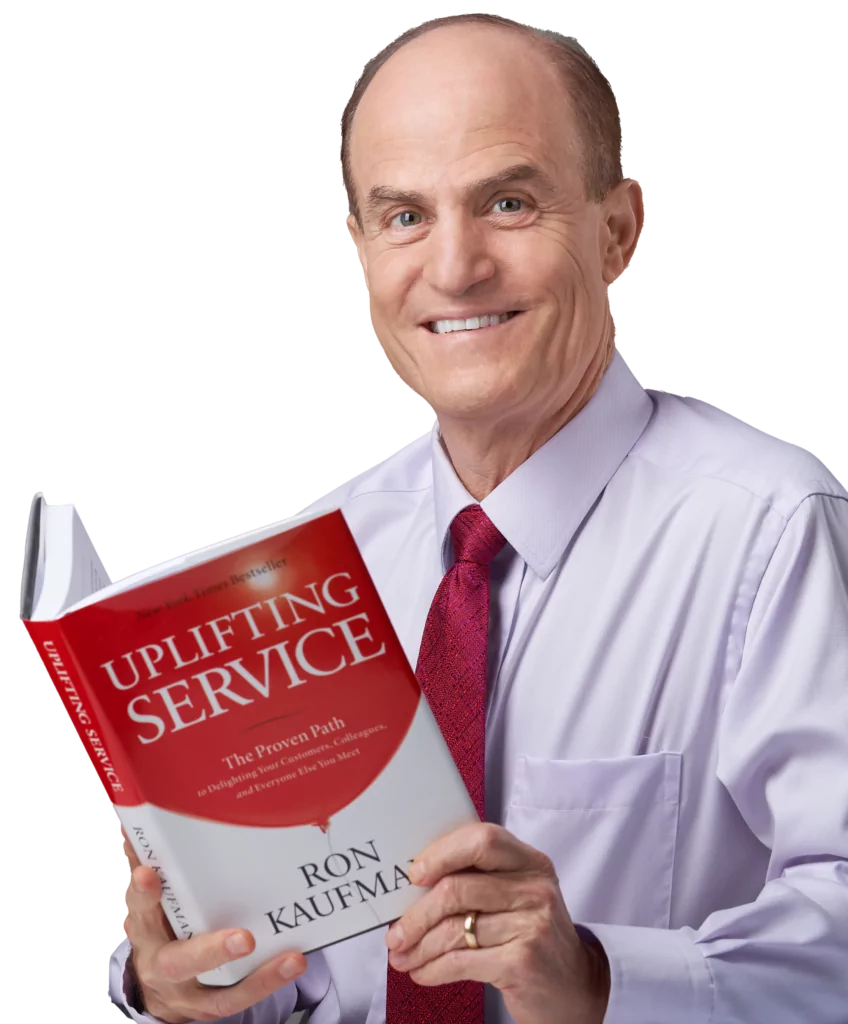https://RonKaufman.com/Subscribe
Ron discusses the details and nuances of what really makes for a great service culture- the care which is shown to the customer from the service provider. Can this ‘care’ be studied, researched and termed as a new field of study? It most certainly can.
Watch this video as Ron dives deep into the crux of great service culture- Care-ology.
#ServeCareLove #Careology #UpliftingService #ServiceCulture #CustomerService #ServiceExcellence #UpliftingCare #KeynoteSpeaker #RonKaufman
Join the community and receive free resources, ideas, and invitations.
Below is an Autogenerated Transcript
When I started studying service more than three decades ago I realized there wasn’t a good field of study clearly articulated. So I ended up writing a lot in that area.
About five years ago when I got truly curious about the phenomenon of care I went about studying it. And I found two schools, one was healthcare which made a lot of sense and the other was philosophers who debated endlessly about this phenomenon of care, what does it mean, how do we interpret it, where does it show up in life etc. I said this is not very helpful for the man on the street if you will for all of us as humans to say, “wait a minute, what should I care about?” Why do I care? How do I take good care? Then you have to answer the question, what is care? And that’s where I came up with the definition “care is concern and commitment for future well-being”. That’s a phrase, that’s a definition. But then as we start to explore what well-being means, how do I express concern, how does someone demonstrate commitment, I realize there’s this whole field that needs to be developed and taught. So I looked at sociology and psychology and there’s anthropology but there wasn’t a care-ology! And so I invented the word. That is incredible, isn’t it? How do we study care-ology?
I think we have to look at the fundamental question of what it is to be human. I think philosophers for years have gotten caught up in what is a human being, like, separate from everyone else. But that’s not what being human is. So when we say what is being human, we’re biological, we’re social, we’re historical, we’re cultural, we’re occupational, we’re spiritual, we’re ecological. And what I just said sounds like a long sentence. But imagine actually teaching this to young people. So that they can locate themselves within the history of the world, in the history of their lives, and see how am I going to contribute, how can I express my gratitude for all of the past that’s brought me to this moment and live in a way that contributes to the future. And I think that’s exactly what the LUX collective is doing in the hospitality industry, where you’re literally taking a stand for the well-being of every single person and community that you come into contact with.



